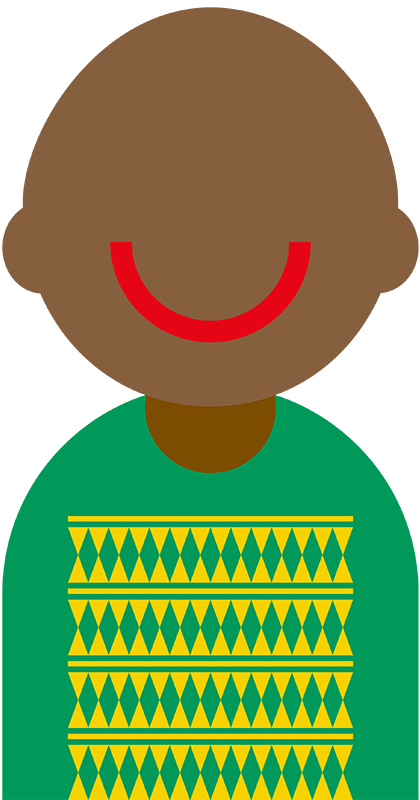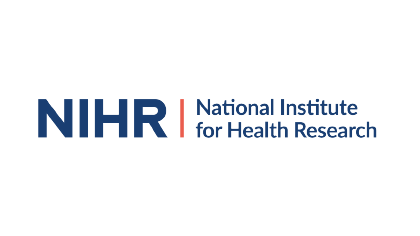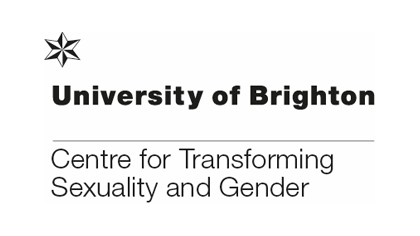What should I know?
According to the United Nations, as a young person you have a right to be protected by national laws and to non-discrimination. This means that you should feel safe from bullying, violence and discrimination when receiving support. You should feel safe to talk about your gender and sexuality without anything bad happening to you, and without information being passed on to others (unless you want this to happen).
What might help me?
- Being included in how you make the place where you get support safe – are you asked what helps you to feel safe?
- Knowing that you have a right to confidentiality, and you shouldn’t be outed to anyone, including your parents or carers, unless you say so
Resources
Queer Futures 2 – Know Your Rights to SAFETY video
Right to be protected from violence (Article 19)
Non-discrimination (Article 2)
Gendered Intelligence – Bullying
To listen to what is written on this page, click below
Blue* (young person) said “experiencing emotions was beneficial, the service was just the only place where I felt safe to do so. So my sometimes having strong negative feelings in group was a result of me feeling safe.”

*These quotations use pseudonyms and have been anonymised to protect participant’s identity.
Proudly supported by






